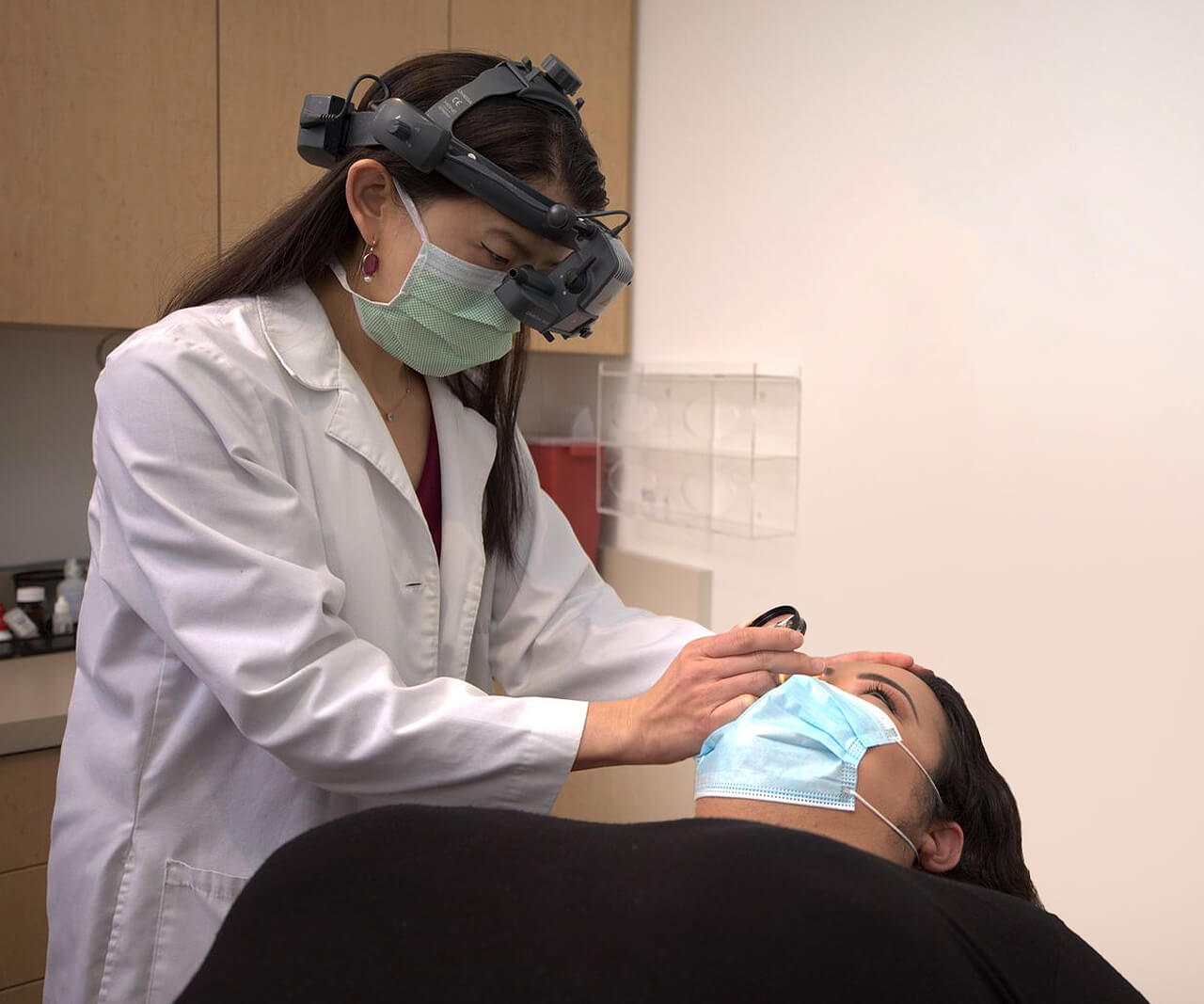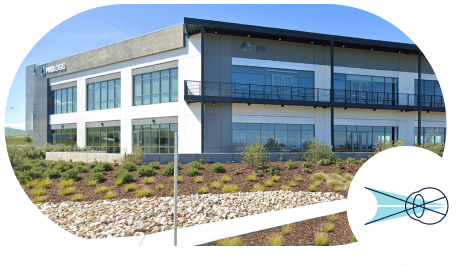Laser Surgery
The laser is one of our most common and powerful tools to treat retinal diseases and prevent blindness. Essentially, the laser is a coherent, focused light ray that can precisely target diseased tissue. There are several different types of lasers used to treat eye diseases, only a few of which are used for the retina. Most commonly we use a thermal laser. This instrument allows us to seal tears in the retina, destroy abnormal blood vessels, and stop leaking capillaries. Sometimes lasers are used to treat certain kinds of intraocular tumors1 (Houston et al. 2013). Other lasers, such as the photodynamic therapy device, allow us to activate medications that help stop the growth of blood vessels.

In proliferative diabetic eye disease, the laser is used to arrest of the growth of abnormal blood vessels, which we know can cause permanent blindness if left alone. This same treatment can be applied to severe vein occlusions and retinopathy of prematurity (ROP)2 (Houston et al. 2013) as well. Additionally, many retinal diseases including diabetes and vein occlusions can cause swelling in the center of your retina, called macular edema. The laser is very useful in controlling the edema and preventing further decline in vision. When abnomal blood vessels grow under the retina from macular degeneration, the laser can be used to halt their growth as well.
It is important to realize that many retinal laser treatments do not improve your vision, only improve the chances that you will not lose more vision. Commonly, laser is applied several times, as some of these diseases are chronic problems. In some cases we will combine laser treatment with other therapies to give you the best possible chance of retaining your vision. Some of these treatments include steroid injections and, in some forms of macular degeneration, photodynamic therapy or other medications such as Macugen. The lasers we use are different from those used in laser vision correction and after cataract surgery.
Most of our laser treatments are done in the clinic with topical or local anesthetics. After the laser is applied, we will sometimes recommend patching your eye for several hours. Tylenol or ibuprofen is helpful for the mild discomfort the laser sometimes causes the first day after the laser is done.
Laser Surgery Treatment Videos
Retina CRVO Injections Laser
Retina Diabetic Laser Macular Edema
Retina Diabetic PDR Laser
References
- Houston SK, Wykoff CC, Berrocal AM, Hess DJ, Murray TG. Lasers for the treatment of intraocular tumors. Lasers Med Sci. 2013 May;28(3):1025-34. https://pubmed.ncbi.nlm.nih.gov/22302638/
- Houston SK, Wykoff CC, Berrocal AM, Hess DJ, Murray TG. Laser treatment for retinopathy of prematurity. Lasers Med Sci. 2013 Feb;28(2):683-92. https://pubmed.ncbi.nlm.nih.gov/22134790/


